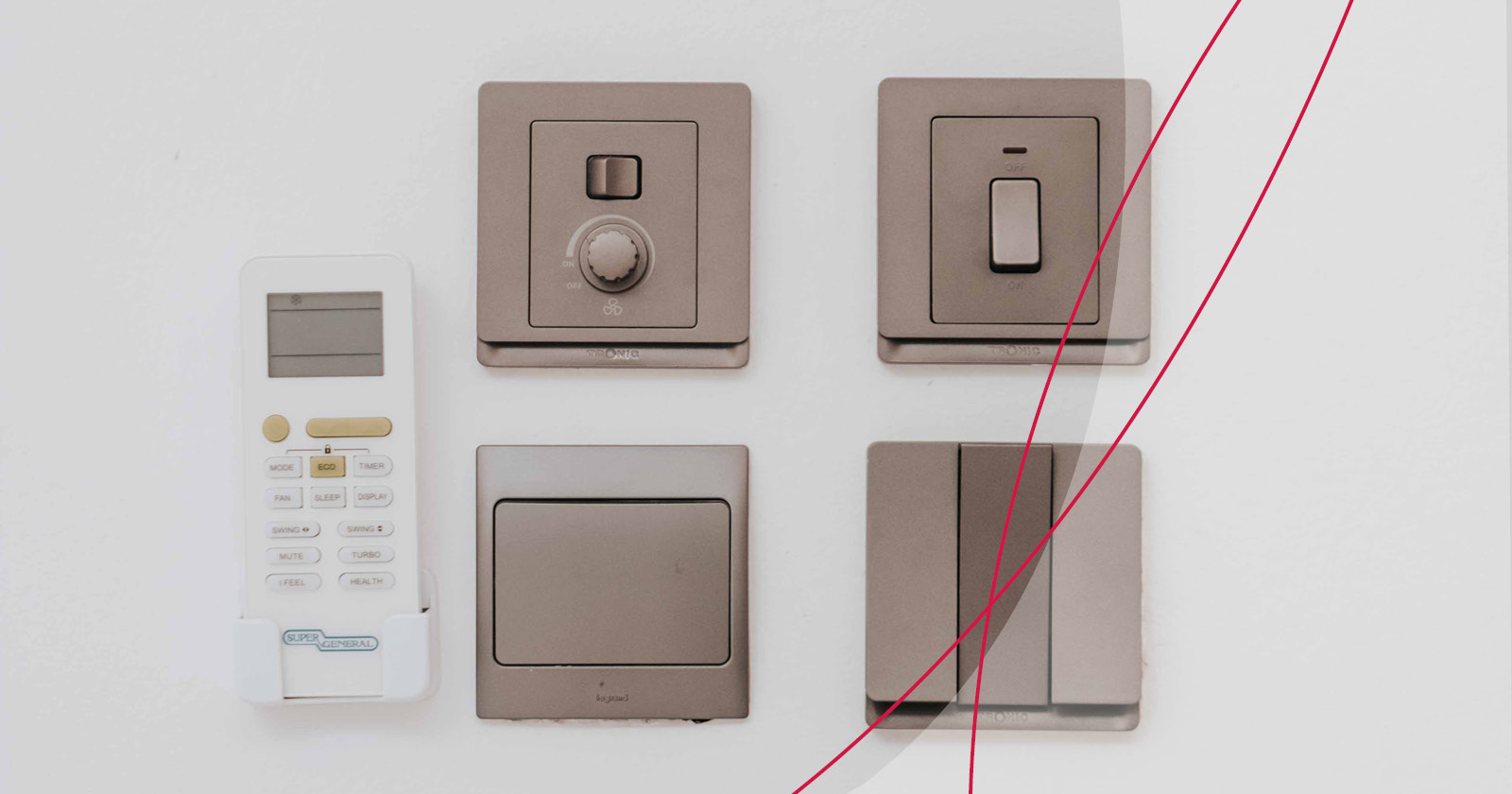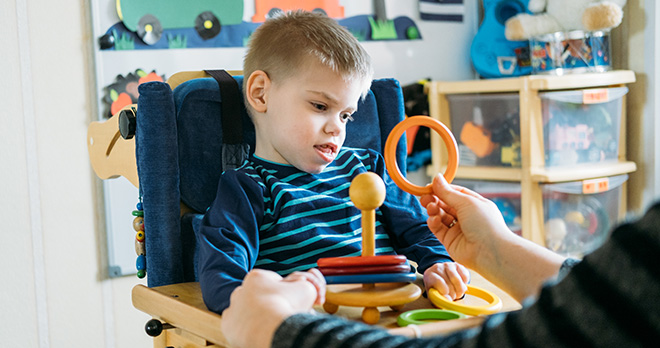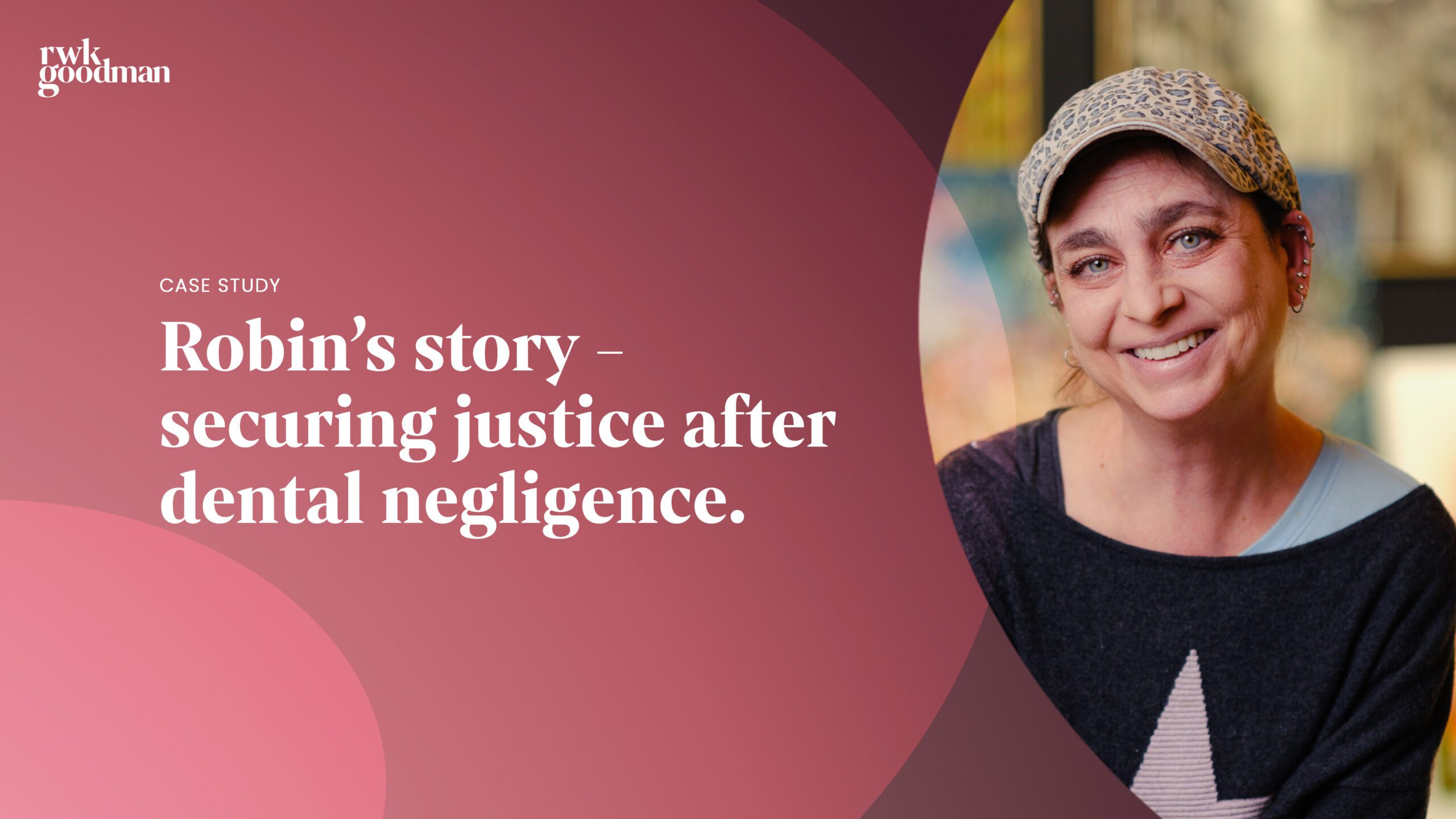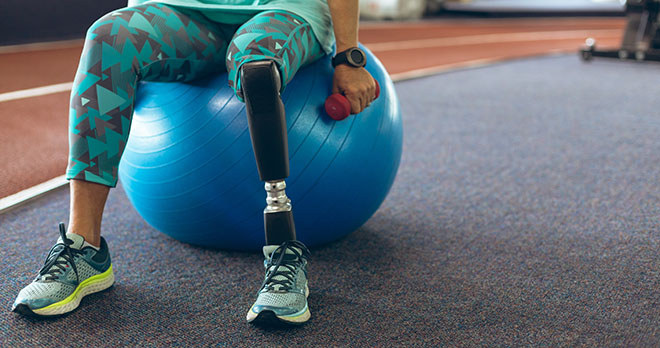How technological breakthroughs are used to empower our clients

The Rehabilitation Code states that its purpose is to ‘put the individual back into the same position as he or she would have been in, had the accident not occurred, insofar as money can achieve that objective’.
As a lawyer working in the Compensation Protection Unit (‘CPU’), our role, as part of the team around the client, as a Deputy or Professional Trustee is to collaborate with litigators, case managers and the multi-disciplinary team (MDT) to enhance our clients' lives by utilising their compensation.
A major part of a spinally injured client’s rehabilitation can be achieved by using assistive technology (AT), and the possibilities can be endless.
Seeking an expert opinion
During the course of litigation the lawyer dealing with the claim will usually have instructed an expert specialising in AT and requested a report that makes recommendations that are bespoke to that client.
Recommendations may include AT for environmental controls, including electric doors, window and curtain opening, air conditioning and heating and lighting controls, speech-generative devices, augmentative and alternative communication (AAC) systems and text-to-speech software, learning and education and cognitive support, and robotic vacuum cleaners.
The use of an exoskeleton should also be considered, this being a wearable technology which wraps around the torso and legs to help individuals with paraplegia to walk again.
To buy or not to buy…
The case manager plays a fundamental role in the rehabilitation process and during the early stages of the litigation will have completed an Initial Needs Assessment (INA).
The defendant has a duty to consider the recommendations and the funds needed to implement them; however, funding for AT whilst the litigation is ongoing needs to be justified. At this stage it will usually be recommendations from the expert with supporting evidence to show how it will benefit the client.
The use of environmental controls, for example, is often considered at the point that suitable accommodation is found (either rented or purchased). When the litigation claim is ongoing, the CPU team will ask the AT expert to collaborate with the MDT and case manager and make suggestions that can be justified and recoverable as part of the claim.
Environmental controls play a fundamental role in allowing clients who have significant physical disabilities to use technology to enable them to be independent in their own home. The controls allow clients in their immediate surroundings to turn lights, the radio, or television on and off, answer or initiate phone calls, and unlock a door.
Although the experts’ recommendations are key to supporting purchases that will be recoverable as part of the claim, the therapeutic team (occupational therapist and physiotherapist) will play a key role in ensuring that the AT is suitable and set up in a bespoke, suitable way for that client. The therapeutic team will also focus on AT devices such as exoskeletons, wheelchairs, and communication devices.
Funding assistive technology
Very often companies will offer a trial period so that clients can try out AT before committing to purchasing. The technology moves forward at a rapid pace and is expensive, so it is important that the right AT is found. Once we have found the right equipment and the expert/MDT has provided evidence that supports the purchase, then funds from an interim payment or final settlement can be used to make the purchase.
As a Deputy or Professional Trustee, we have a duty to explore state funding for our clients. Disabled Facilities Grants (DFG) are funds provided by the local authority which might contribute to funding for environmental controls at home to control heating, lighting and door locks. In England DFGs can be as much as £30,000.
It is important that the occupational therapist is involved from the outset to ensure that the local authority is contacted as soon as possible. The local authority’s occupational therapist will want to come out and be involved from the start in order for the DFG funding to be secured.
Enhancing lives
At RWK Goodman our team is passionate about improving the quality of life of our clients. One of our aims is to empower clients and make them as independent and autonomous in their own lives as possible. AT enables our clients with disabilities by removing barriers, promoting independence, and enabling them to fully participate in various aspects of life, which ultimately improves their long term physical and mental wellbeing.

It is with great pride in our personal injury and clinical negligence teams, and the experts and charities that they work with, that we present this edition of Team Around the Client magazine focusing on spinal medical and legal issues.
If you think you have a claim for spinal cord injury, contact our specialists today.
Call now





